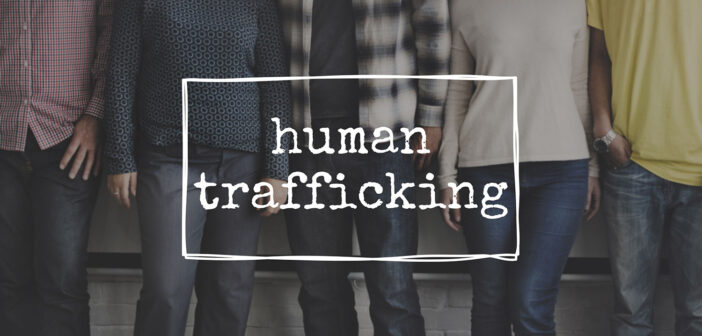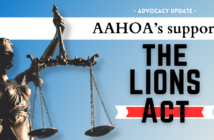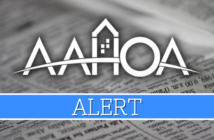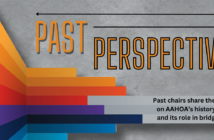Human trafficking has been a plague on humanity for ages and it appears COVID-19 didn’t slow it down
The U.S. was founded on the principle of liberty. Yet a modern form of slavery continues to persist – human trafficking.
Human trafficking looks different in different situations, from forced prostitution to forced labor. But hotels are on the front line of the battle against all of it.
THE TIE TO COVID-19
Catherine Worsnop is an assistant professor in the School of Public Policy at the University of Maryland. She began research in 2017 linking trafficking and outbreaks of infectious disease. These outbreaks lead to deaths of family members, separation from family members, and increased economic inequality – all key players in human trafficking opportunities. Worsnop found that countries experiencing outbreaks of infectious diseases also were likely to see an increase in human trafficking.
WHAT ABOUT THE NUMBERS?
According to data from The National Human Trafficking Hotline, 11,500 human trafficking cases were reported in 2019. Of those cases, more than 2,000 involved minors and more than 1,000 were U.S. citizens.
With COVID-19 still running rampant, many services have been routed to fighting that battle. Amid worldwide lockdowns, many humanitarian services have been paused. Data for 2020 might take a while to come through, but the research from Worsnop points to an increase
due to COVID-19.
WHO CAN HELP?
NGO representatives and victims of trafficking or unrelated crimes are the first who come to mind. However, the most amount of help comes from community members. The National Human Trafficking Hotline received more than 48,000 tips of potential human trafficking situations. Community members contributed to more than 13,000 of those contact types.
Cracking down on human trafficking
Effective Jan. 1, 2021, the state of Florida requires hotel owners and operators to provide human trafficking awareness training for new employees in housekeeping and reception roles. What does this mean for you?
60 days
You have 60 days after the employee begins employment or by Jan. 1, 2021, whichever occurs later.
$2,000
Businesses that do not comply with the mandate will be subject to a fine for up to $2,000.
BEST inhospitable to Human Trafficking Training sponsored by AAHOA
The 30-minute, online video training offered by AAHOA and Businesses Ending Slavery and Trafficking. (BEST) is certified by the Florida Division of Hotels & Restaurants to meet requirements set by the new mandate.
8 states
Florida joins California, Connecticut, Minnesota, New Jersey, Iowa, North Dakota, and Illinois in employee training mandates for human trafficking awareness.
To help fight human trafficking, AAHOA offers AAHOA Members and their staffs FREE training and information on how you can help end the human trafficking plague. Visit aahoa.com/HTAT to get started today.




